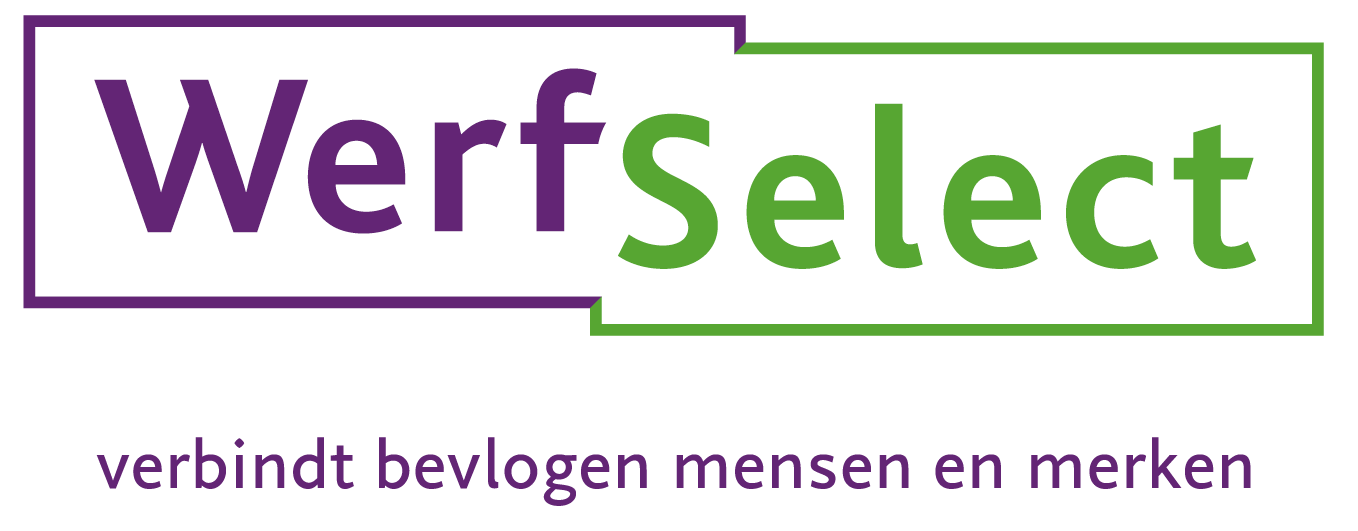What is the DBA Act and how does it work?
The Wet DBA, or the Wet Deregulering Beoordeling Arbeidsrelaties, is an important piece of legislation in the Netherlands that regulates the employment relationship between self-employed persons (zzp’ers) and their clients. This law was created to combat false self-employment and ensure a fair working relationship. But how exactly does this law work in practice?
Basically, the DBA Act requires self-employed workers and clients to determine together whether an employment relationship exists. This means looking at how the employment relationship is designed. For example, is there a relationship of authority or is the self-employed person completely independent? Both parties are jointly responsible for making clear agreements to avoid a sham construction.
How does the DBA Act protect self-employed workers and clients?
The DBA Act offers protection to both self-employed workers and clients. For the self-employed, it is important that they are not wrongly regarded as employees, which would mean that they owe taxes and premiums that belong to salaried employment. On the other hand, clients want to avoid having additional taxes and fines imposed on them by the tax authorities if it turns out in retrospect that they were actually employed.
The law helps create clarity about the employment relationship, ensuring that both parties know where they stand. This prevents surprises later and ensures that self-employed workers can perform their work with the flexibility they want, while clients have the assurance that they are meeting legal requirements.
What impact does the DBA Act have on the labor market?
The DBA Act has a significant impact on the labor market in the Netherlands, especially when it comes to the flexibility of employment relationships. The aim is to strike a balance between permanent and flexible contracts, avoiding false self-employment. This means that zzp’ers and clients must pay more attention to how they shape their cooperation.
While the law is intended to make the labor market fairer, there are also concerns that it limits self-employed workers’ flexibility. This may lead to fewer assignments for the self-employed, as clients are reluctant to take risks. On the other hand, the law also provides opportunities for clear and fair agreements, which can increase the professionalism of the market.
What are the challenges and criticisms of the DBA Act?
The DBA Act is not without its challenges and criticisms. A common issue is the uncertainty surrounding enforcement of the law. Since its introduction in 2016, there has been an enforcement moratorium, meaning that the rules have not yet been strictly enforced. This has led to uncertainty for both self-employed workers and clients.
There is also criticism of the complexity of the law and the extent to which it effectively addresses false self-employment. Despite the intentions of the law, there remain situations in which self-employed persons are perceived as sham self-employed, posing both financial and legal risks.
How can self-employed workers and clients prepare for the DBA Act?
To be well prepared for the DBA Act, it is important for both self-employed workers and clients to make clear agreements about the employment relationship. This starts with drafting a contract that clearly describes what the collaboration looks like and what responsibilities both parties have.
In addition, communication is essential. Regular evaluations and conversations about the cooperation can help resolve any ambiguities or misunderstandings quickly. It is also helpful to stay abreast of the latest developments surrounding the DBA Act so that you do not encounter any surprises.
At WerfSelect, we understand the challenges of working with freelancers and clients. We are ready to help you navigate the DBA Act and find the right employment relationship that meets the legislation and your needs. Whether you are self-employed or a client, we offer the support you need to be successful. Read more about this in our white paper.





